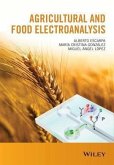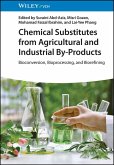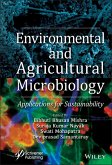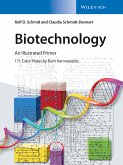In "Elements of Agricultural Chemistry," Thomas Anderson offers a groundbreaking exploration into the intersection of chemistry and agriculture, illuminating the critical role of chemical principles in enhancing soil fertility and crop production. Written in a clear and accessible style, Anderson's work is meticulously organized, systematically addressing fundamental concepts while integrating practical applications for farmers and agricultural scientists alike. This pivotal text emerges during a time when scientific inquiry began to intertwine with agricultural practices, reflecting the broader Victorian fascination with empirical research and the pursuit of efficiency in food production amid the agrarian backdrop of the Industrial Revolution. Thomas Anderson, a prominent Scottish chemist, dedicated his career to agricultural science, influenced by the urgent demands of a rapidly evolving society seeking improved agricultural methods. His scholarly pursuits'Äîrooted in both theoretical and practical chemistry'Äîculminate in this seminal work. Anderson's expertise and firsthand experience in agricultural settings reveal the depth of his commitment to marrying scientific discovery with the needs of the farming community, ultimately aiming to ameliorate crop yields and soil health. "Elements of Agricultural Chemistry" is a must-read for scholars, agricultural practitioners, and anyone invested in the sustainability of food systems. Anderson's profound insights provide not just a scientific framework but also a historical context that is essential for understanding modern agricultural practices. Delve into this essential resource to appreciate the intricate chemistry behind farming and its implications for future agricultural development.
Dieser Download kann aus rechtlichen Gründen nur mit Rechnungsadresse in A, B, BG, CY, CZ, D, DK, EW, E, FIN, F, GR, H, IRL, I, LT, L, LR, M, NL, PL, P, R, S, SLO, SK ausgeliefert werden.









